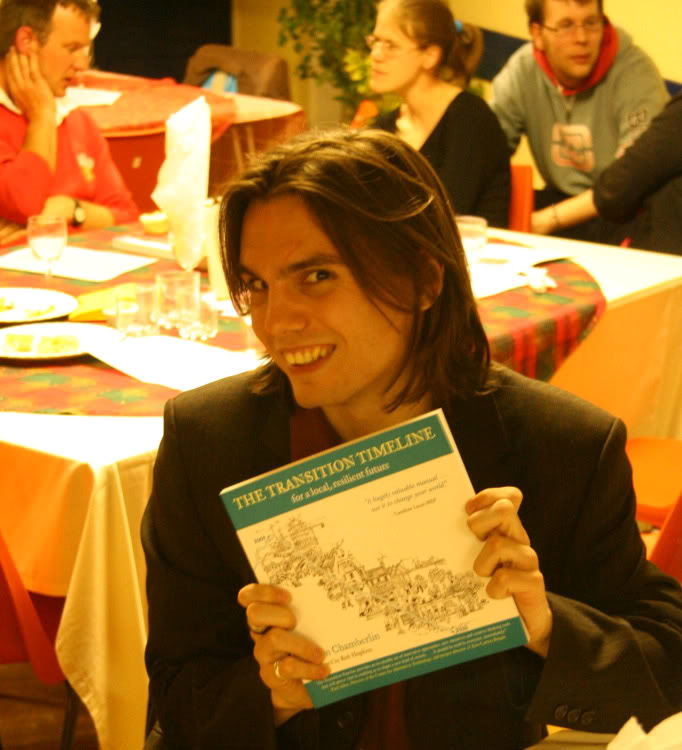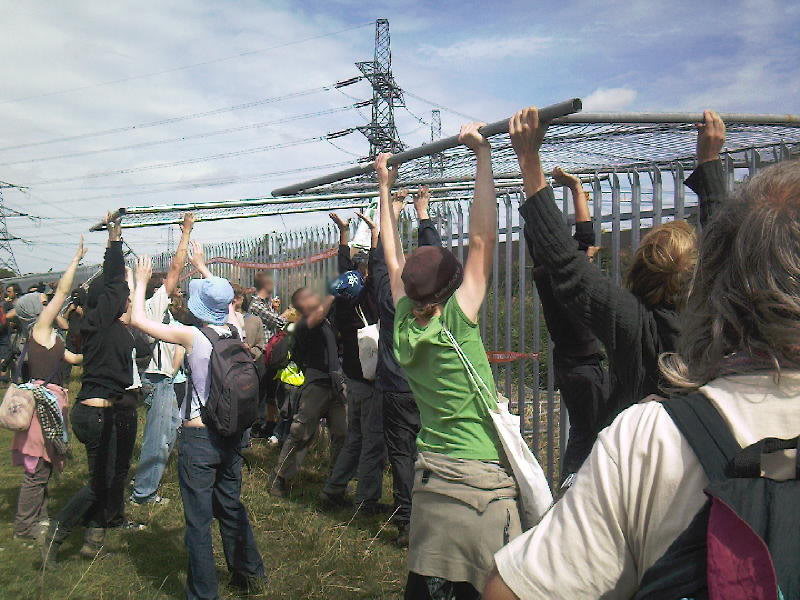
by Shaun Chamberlin | Jul 3, 2009 | All Posts, Climate Change, Cultural stories, Favourite posts, Philosophy, Politics
A week after NASA’s leading climate scientist Dr. James Hansen, actress Darryl Hannah and others crossed the line into illegal direct action in a desperate attempt to prevent coal mining and burning from ending our hopes of retaining a hospitable climate,...

by Shaun Chamberlin | Jun 4, 2009 | All Posts, Climate Change, Cultural stories, Favourite posts, Peak Oil, Politics, Reviews and recommendations, TEQs (Tradable Energy Quotas), The Transition Timeline, Transition Movement
It has been another crazy whirlwind of a month, with this weekend set to be the first in five which I get to spend in Transition Town Home, having spoken recently in Bungay, Glastonbury, Belsize Park and the Forest of Dean, as well at the Transition Conference (I hate...

by Shaun Chamberlin | Aug 10, 2008 | All Posts, Climate Change, Cultural stories, Favourite posts
(pic – yesterday’s non-violent direct action at Kingsnorth, courtesy of Indymedia) I’m back from this year’s Climate Camp, and was deeply impressed with what I found there, both in terms of the organisation of the site (carried out largely by...





Recent Comments